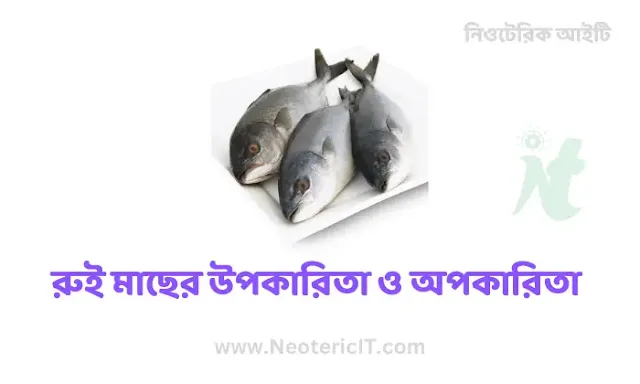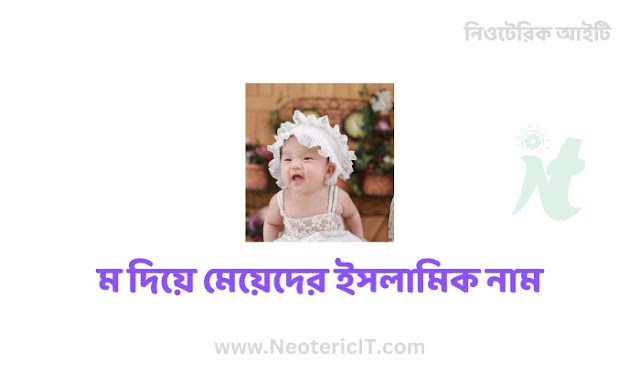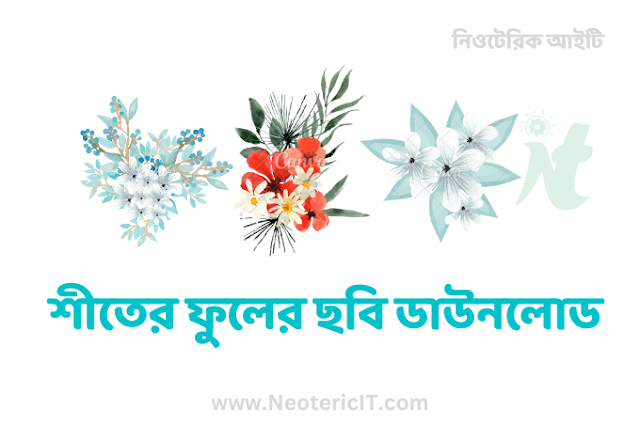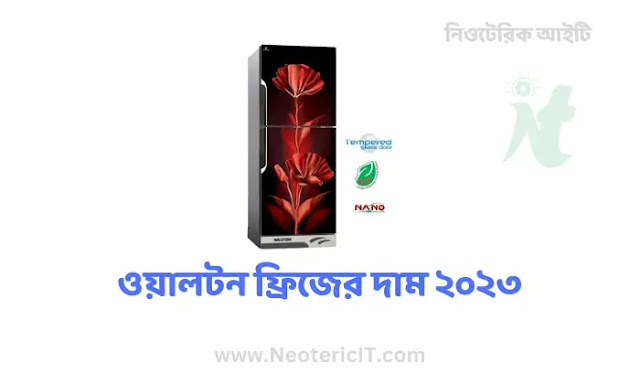Advantages and disadvantages of cotton fish
Hello dear guest - Welcome to Neoteric IT . You have come to Neoteric IT for information about Advantages and disadvantages of cotton fish Today I will conclude this article by discussing Advantages and disadvantages of cotton fish in detail. Search Google to know more about Advantages and disadvantages of cotton fish write Advantages and disadvantages of cotton fish or click here insightflowblog.com for visit. See the page Table of content for know the main topic of this article. Web story and AMP Version
Research has shown that roe fish has 79 grams of calories, 76.7 grams of water, and 2.66 grams of nitrogen, 16.6 grams of protein, 1.4 grams of fat and 100 mg of sodium. It also contains potassium, calcium, magnesium, phosphorus, iron and copper. In this episode of Neoteric IT, the benefits and harms of that roe fish have been discussed in detail.
Advantages and disadvantages of cotton fish
Benefits of cotton fish
- Salmon is nutritious: Salmon is a good source of lean protein, which is essential for maintaining and repairing body tissues and building and maintaining muscle mass. It's also low in fat, making it a healthy option for people trying to control their weight or reduce their risk of heart disease.
- Cotton fish is rich in essential vitamins and minerals: Cotton fish is a good source of various essential vitamins and minerals such as vitamin B12, vitamin D and selenium. It is a good source of omega-3 fatty acids, which are essential for heart health and have anti-inflammatory properties.
- Cotton fish is affordable: Cotton fish is considered a relatively affordable fish, making it accessible to many people.
- Cotton fish is versatile: Cotton fish can be prepared in a variety of ways, such as grilling, baking or frying. This makes it a versatile option for meals.
- Cotton fish is good for the environment: Cotton fish is considered a sustainable fish alternative, as it is raised on farms, which reduces pressure on wild fish populations.
- Cotton fish is good for human consumption: Cotton fish is a good source of lean protein and is low in fat, making it a healthy option for human consumption. It is also low in mercury and PCBs (polychlorinated biphenyls) and is considered safe to eat.
- Cotton fish is good for aquaculture: Cotton fish is suitable for aquaculture as it is hardy, disease-resistant and can tolerate a wide range of water conditions. It also has a fast growth rate and can be cultivated in fresh water, brackish water or salt water.
Disadvantages of cotton fish
- Cotton fish quality concerns: Some farmed cotton fish can be raised in overcrowded and unsanitary conditions, which can lead to the spread of disease. Additionally, some farmed cottonfish may be treated with chemicals or antibiotics, which may be harmful to human health. To ensure the safety and quality of cotton fish, it is best to choose fish that are sustainably farmed and certified by reputable organizations.
- Cotton fish may contain contaminants: Cotton fish is a bottom-feeding fish, which means it feeds on algae and other organisms found on the bottom of the water. If the water is polluted, these pollutants can accumulate in the body of the fish.
- Roe fish can cause allergic reactions: Some people may be allergic to roe fish, which can cause symptoms such as hives, itching, and difficulty breathing.
- Cottonfish can negatively impact native fish populations: Cottonfish are often farmed in large quantities, which can negatively impact native fish populations through competition for food and habitat.
- Codfish can have a negative impact on the environment: Codfish farming can lead to the accumulation of fish waste, which can negatively affect water quality and lead to the growth of harmful algal blooms.
Thanks for read the post. You can also read the article in bangla - cotton-fish
You are indeed a valued reader of Neoteric IT. Thank you so much for reading Advantages and disadvantages of cotton fish article. Please let us know how you feel after reading this article.

 Follow Google News to get the latest Neoteric IT news
Follow Google News to get the latest Neoteric IT news 
.png)





Please comment in accordance with the policy - otherwise your comments will not be accepted.
comment url